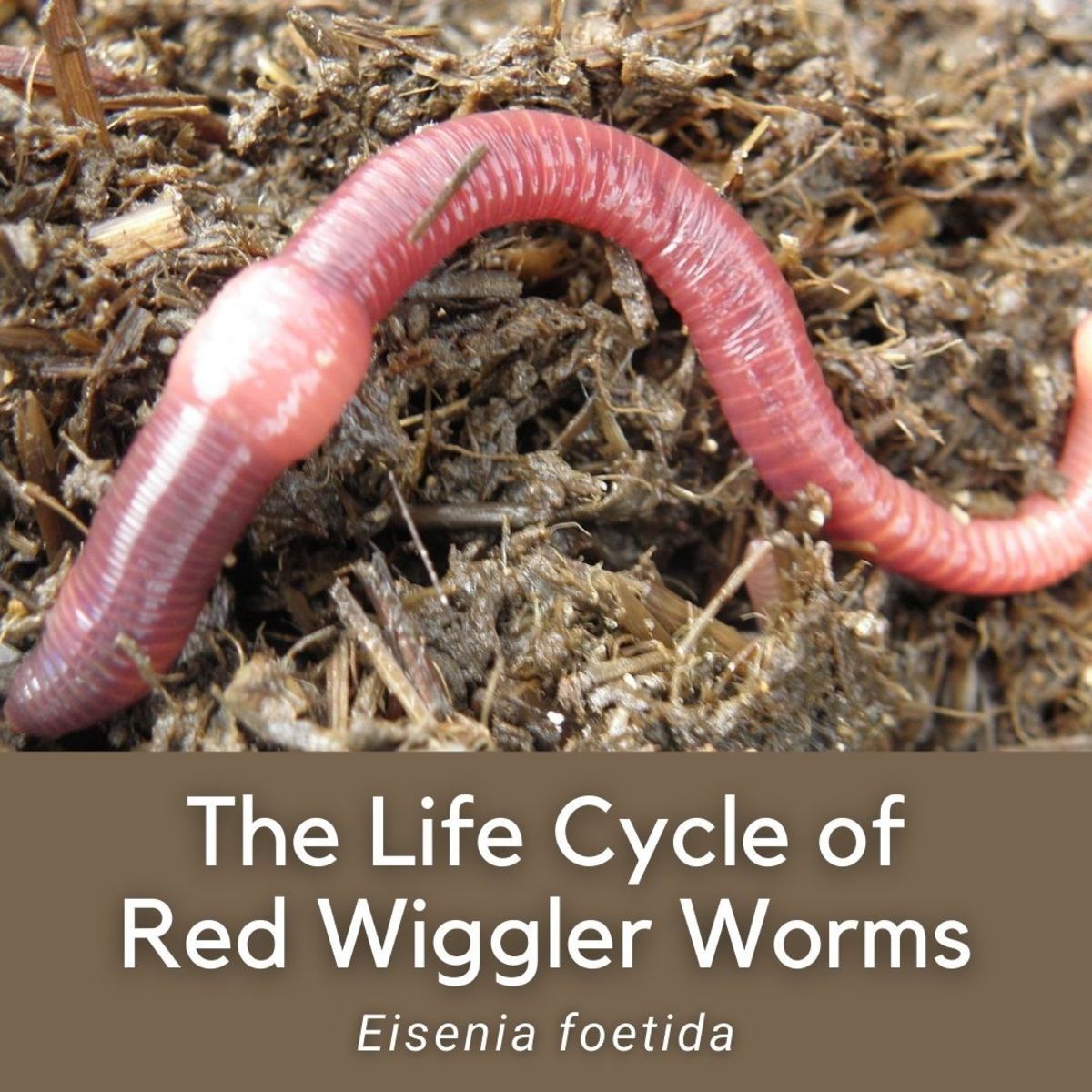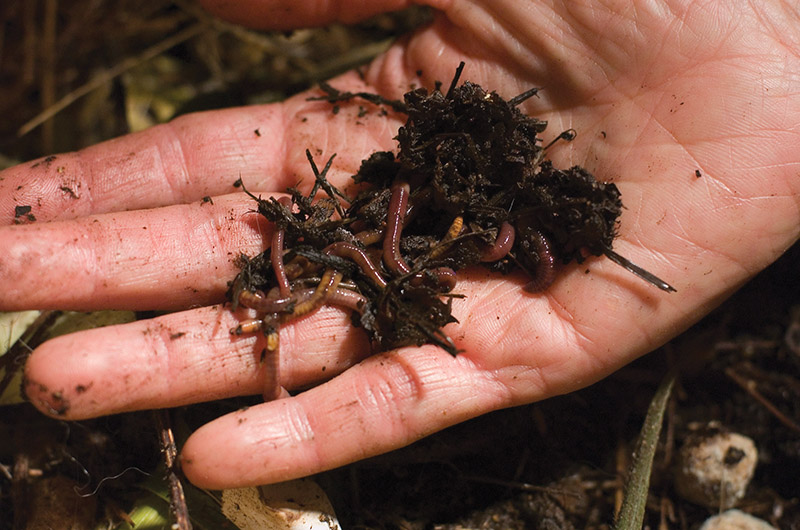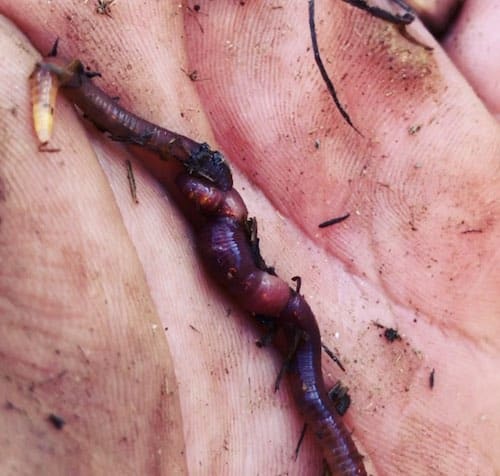Organic Composting with Red Wiggler Worms - Increase Your Garden's Growth
Organic Composting with Red Wiggler Worms - Increase Your Garden's Growth
Blog Article
Red Wiggler Worms Demystified: Opening the Keys of Vermiculture for Greener Living and Nutrient-Rich Soil
In the realm of sustainable practices for enhancing dirt quality and advertising eco-conscious living, red wiggler worms play a critical yet usually ignored duty. Red Wiggler Worms. Comprehending the details of caring for these worms, maximizing their atmosphere, and using their spreadings can lead to a greener lifestyle and much healthier soil for plants to prosper.
The Duty of Red Wiggler Worms
Red Wiggler worms play a vital role in composting systems by effectively breaking down raw material right into nutrient-rich castings. These ravenous eaters consume a selection of natural products, such as kitchen scraps, backyard waste, and paper items. As they feed, the worms' digestive system procedures break down the raw material right into a fine, dark, and nutrient-dense material recognized as worm castings or vermicompost.
The castings created by Red Wiggler worms are very useful for dirt health and plant development. They are abundant in important nutrients like phosphorus, nitrogen, and potassium, which are essential for sustaining healthy plant development. Furthermore, worm spreadings include useful germs and enzymes that help enhance soil structure, increase water retention, and enhance nutrient uptake by plants.
Advantages of Vermicomposting

It boosts dirt structure, boosts soil aeration, and increases soil dampness retention. Vermicompost likewise enriches the soil with essential nutrients like phosphorus, potassium, and nitrogen, promoting plant growth and general dirt fertility.
Furthermore, vermicomposting assistances lasting horticulture methods by supplying a chemical-free and all-natural alternative to artificial plant foods. Red Wiggler Worms. This eco-friendly approach not only improves the dirt but also helps in reducing reliance on hazardous chemicals, advertising a greener and a lot more lasting way of gardening
Establishing Up a Worm Container
When establishing a worm bin for vermicomposting, proper setup is important to guarantee the success of the composting process. The first action in establishing up a worm container is choosing an ideal container.
After including the bed linens, introduce the red wiggler worms to the bin. The worms need to then be provided with food scraps such as fruit and veggie peels, coffee grounds, and eggshells.
Regularly keep track of the wetness degrees and temperature level in the worm container to ensure optimal conditions for the worms. With correct setup and upkeep, the worm bin will effectively see page transform natural waste into nutrient-rich compost for your plants and garden.
Gathering Worm Spreadings
To efficiently gather nutrient-rich worm spreadings from your vermicomposting system, a systematic harvesting approach is crucial. When it comes time to harvest the worm spreadings, there are a few crucial steps to comply with to ensure an effective process.

Troubleshooting Common Issues
Identifying and resolving usual difficulties that may arise during the vermicomposting process is important for preserving a effective and healthy worm container. Adding excess food scraps can lead to an accumulation of moisture and acidity in the worm container, potentially hurting the worms. An additional concern is unpleasant pop over here odors rising from the worm bin.
Furthermore, if the worm populace is decreasing or the worms show up undesirable, it could be because of ecological stress factors such as extreme temperatures or pH degrees. Keeping an eye on these elements and making essential adjustments is vital for the well-being of the worms. By troubleshooting these typical concerns immediately, vermicomposters can ensure a effective and smooth vermicomposting procedure while keeping a growing worm population.

Conclusion
In final thought, red wiggler worms play a vital role in vermiculture by damaging down raw material into nutrient-rich soil. The benefits of vermiculture include greener living and boosted soil high quality. Establishing up a worm container is vital for effective vermiculture, and gathering worm castings provides important compost for gardening. By comprehending and repairing usual problems, individuals can open the keys of vermiculture for sustainable living and much healthier dirt.
As they feed, the worms' digestion processes damage down the natural matter into a fine, dark, and nutrient-dense material known as worm castings or vermicompost.
The spreadings generated by Red Wiggler worms are highly beneficial for soil health and wellness and plant growth. Adding excess food scraps can lead to a build-up of dampness and level of acidity in the worm container, possibly damaging the worms.In addition, if the worm populace is decreasing or the worms show up undesirable, it could be due to environmental stress factors such you can find out more as severe temperatures or pH degrees. Setting up a worm container is crucial for successful vermiculture, and gathering worm castings offers valuable compost for gardening.
Report this page